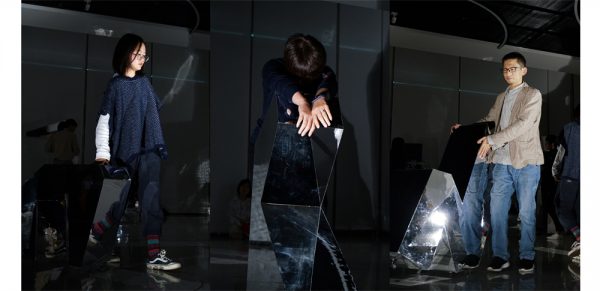
2020年是怎樣的一個年份? 2020年活在過去無法修補的陰影下,面對政治對城市的撕裂,我們無能為力。還未等到惡夢在夢中散去, 一輪始料不及的疫情禁閉了我們的肉體,折磨我們的靈魂。 面對龐大的壓迫,一個又一個的藝術群體如皮球在城市的夾縫反彈而出。在眾多皮球當中,我們就如一個還未完成充氣就滾到海邊的小皮球,不停被海浪沖洗拍打。How was the year 2020? In 2020, we lived in the shadow of the past that could not be mended. Facing the city rift, there is nothing we can do. Before the nightmare dissipated in the dream, an unexpected surge of epidemic confined our bodies and tortured our souls. The huge oppression forcing artist commune, like a ball, one after another, bounced out of the cracks in the city. Among the many balls, we are like a small ball that rolls to the beach before it is fully inflated, constantly being washed and beaten by the waves.(Landescape1823)






























-600x400.jpg)








